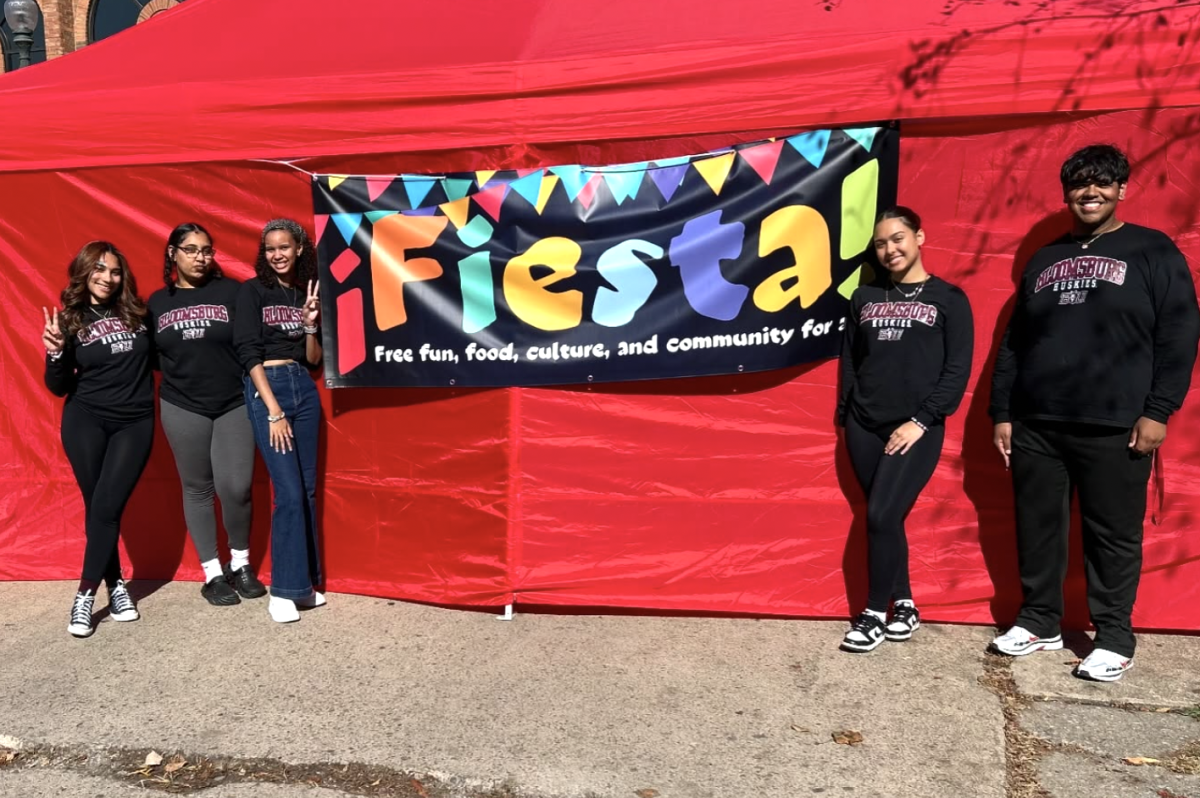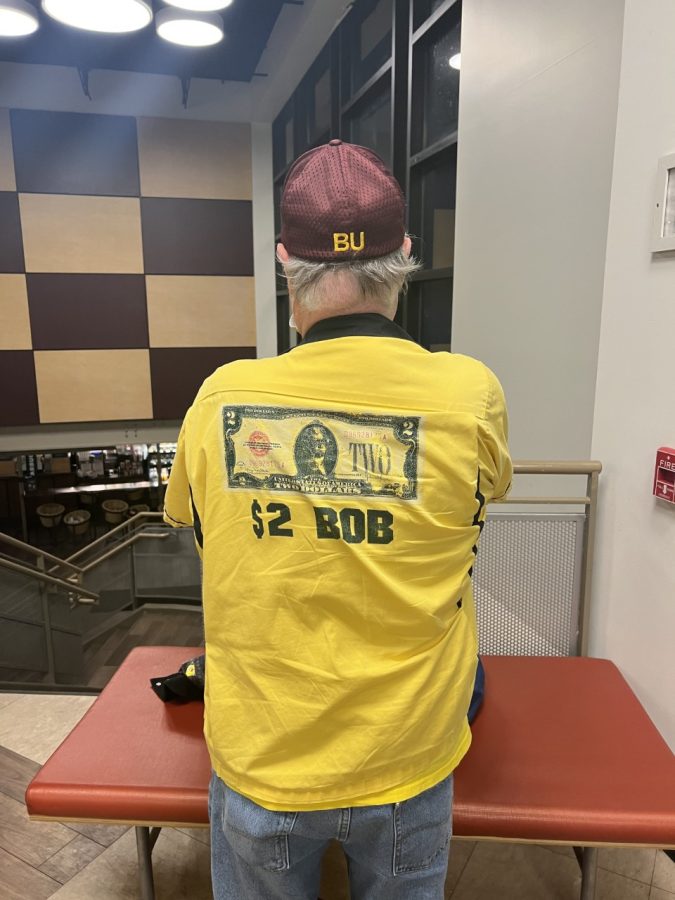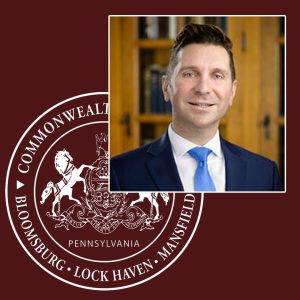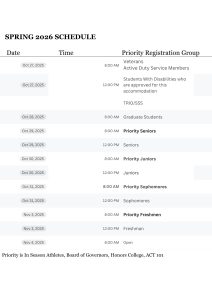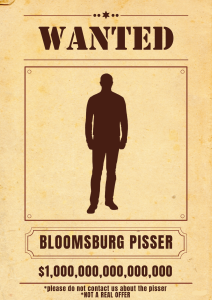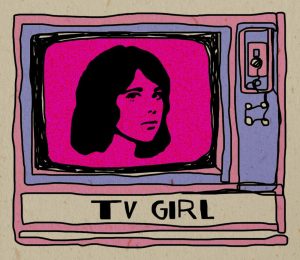$2 Bob The Student
A Bloomsburg icon shares intimate details about his life and struggles with addiction.
March 1, 2022
If you are at Capital Bar and Grille on a Saturday night, you are certain to run into $2 Bob. Never leaving the house without his SpongeBob gear and his wallet packed with $2 bills; he is impossible to miss.
I sat down with $2 Bob at the Scranton Dining Hall on Monday, February 21, after his night class. He has been taking business courses at Bloomsburg for years now, he has over 100 credits from the university.
Living up to his name, Bob paid for his meal with a large stack of two-dollar bills. In his various jacket pockets, he had $2 Bob chap stick, stress balls, koozies, lighters and of course his signature $2 bills.
Robert A. Gage was born outside of Chicago. He spent a portion of his childhood in Georgia and Iowa before finishing his secondary education in a suburb in Pittsburgh. After meeting his late wife and being offered a job opportunity, his Bloomsburg legacy began.
He and his wife got engaged directly out of college. She attended a neighboring university, Mansfield, while Bob attended Penn State University. They raised three sons in neighboring townships before making Bloomsburg their permanent residence.
Bob’s fixation with $2 bills began at an early age. One of his grandfathers after work hobbies was visiting the racetrack outside of Chicago. The minimum cut was $2 so most race betters had them in bulk.
He got his name years later. While visiting a topless bar in town, one of the workers noticed Bob’s absurd amount of $2 bills. What started as a harmless nickname ended as a Bloomsburg household name.
Throughout his everchanging childhood and young adulthood, Bob had one thing figured out; He craved routine. He disliked change and uncertainty. After a diagnosis of OCD, (obsessive compulsive disorder); Bob had a justification for his dislike.
“I am old school. OCD people do not change much; we do not like change.”
Managing moving, a changing of schools and his parents’ divorce, Bob was in search of a source of stability. He found this temporary comfort in alcohol. What started off as casual college drinking, ended up derailing his life.
During Bob’s upbringing, Mental illness was seen as a weakness that should be kept to yourself. Therapists were exceedingly rare. Suppressing and internalizing his personality disorders got more difficult as time went on. He began to use alcohol as a crutch.
“I was attempting to self-medicate my OCD. It worked in the short run. Drinking alcohol will eventually ruin your family life and cause medical issues,” Bob reflects.
After a diagnosis of colon cancer, Bob was alert to the negative repercussions of alcoholism. His wife vowed to help him get clean. He voluntarily checked into an inpatient program at Geisinger Medical Center. Recovery is not linear, but Bob has prioritized his sobriety for the last 25 years.
Bob opened about his addictive personality and his desire to self-medicate. He has overcome many obstacles in his life. Throughout his years, he has watched mental health go from a taboo topic to something entirely different. Bob is happy that these disorders are getting the recognition and medication they need.
“Medication is not a cure all. I have been on multiple different medications. I used to think I could handle it on my own, I couldn’t, medication might not fix it but it definitely helps to put a lid on things.”
Bob is proud of his success and achievements while being open about his struggles and downfalls. He describes himself as “hard working, family oriented and harmless.” Sounds like another Bob we all know and love.















